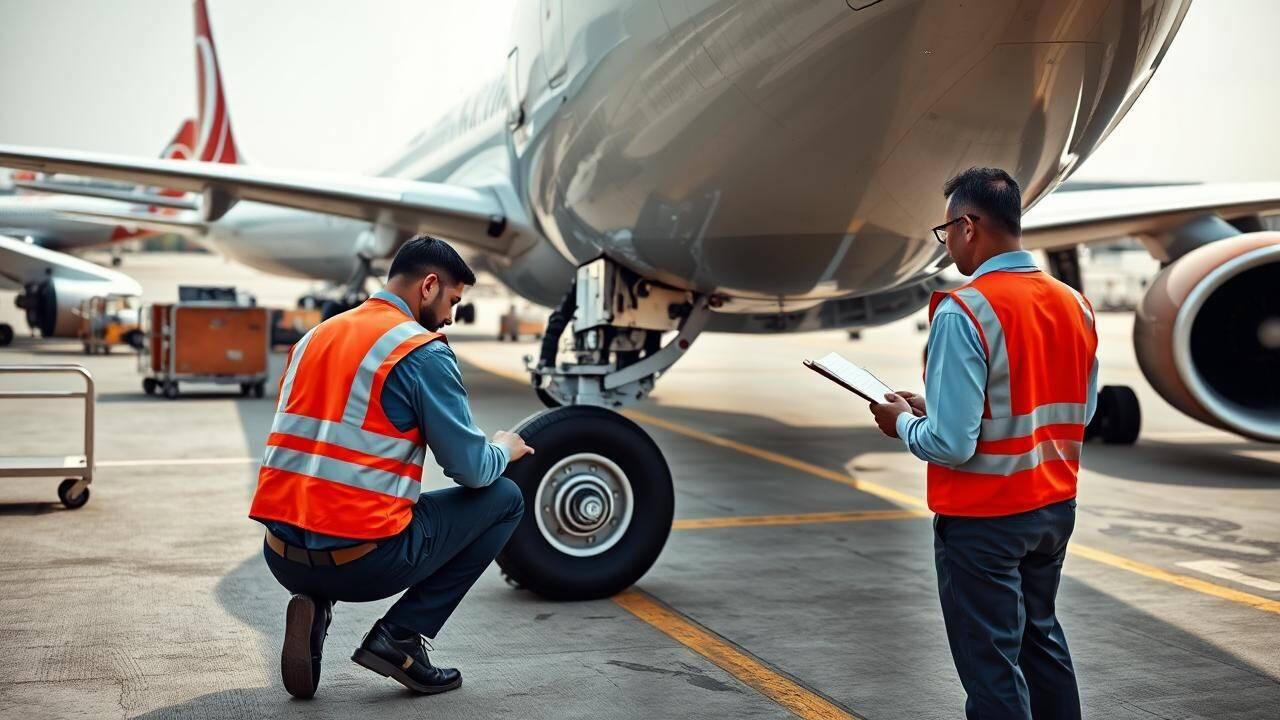
Smarter email, faster business. Auto-tag, parse, and respond to RFQs, quotes, orders, and more — instantly.
Trending
DGCA Warns Turkish Airlines to Comply with Regulations After Surprise Flight Inspections

DGCA Issues Warning to Turkish Airlines Following Safety Inspections
Surprise Inspections Reveal Regulatory Lapses
India’s Directorate General of Civil Aviation (DGCA) has issued a stern warning to Turkish Airlines after a series of unannounced inspections uncovered significant safety and regulatory lapses. Between May 29 and June 2, 2025, the DGCA conducted "safety oversight and ramp (SOFA/RAMP)" inspections of Turkish Airlines’ passenger and cargo flights at four major Indian airports: Delhi, Hyderabad, Chennai, and Bengaluru. The inspections revealed several violations, including the carriage of explosives without proper disclosure on one flight, prompting the regulator to place Turkish Airlines’ operations under heightened scrutiny.
Identified Safety and Compliance Issues
Among the most serious findings was the transportation of dangerous goods without the necessary permissions or declarations. The DGCA noted that the cargo contained explosives for which prior approval is mandatory, but no such authorization or dangerous goods declaration was attached. This breach contravenes established safety protocols and regulatory requirements.
Additional concerns were raised regarding ground operations and maintenance procedures. At Bengaluru airport, the marshaller responsible for guiding aircraft lacked valid authorization and competency certification. Furthermore, during aircraft arrivals, the designated aircraft maintenance engineer (AME) was absent, with a technician performing arrival procedures instead. The authorised engineering service provider for Turkish Airlines in India is Airworks.
The inspections also uncovered deficiencies in ground handling arrangements. There was no formal service level agreement between Turkish Airlines and its ground handling agent (GHA). Equipment such as ladders, step ladders, trolleys, and ground power units (GPUs) were found to be inadequately monitored and accounted for at Hyderabad and Bengaluru airports. At these locations, Globe Ground India was providing ground services without a formal handover from Celebi, the previously authorised ground handler.
DGCA’s Response and Ongoing Oversight
In response to these findings, the DGCA has reiterated its commitment to maintaining stringent safety standards for all foreign carriers operating in Indian airspace. Turkish Airlines has been directed to promptly rectify the identified issues and ensure full compliance with the International Civil Aviation Organisation (ICAO) standards, as well as DGCA regulations. The regulator has also announced that follow-up inspections will be conducted as necessary to maintain continuous safety oversight.
Broader Context and Diplomatic Implications
Officials clarified that the inspections targeted Turkish Airlines’ own aircraft and did not involve the two Boeing 777 aircraft wet-leased by IndiGo from Turkish Airlines. Both Turkish Airlines and IndiGo operate daily passenger flights between Delhi and Istanbul, as well as Mumbai and Istanbul.
The regulatory actions come amid heightened diplomatic tensions between India and Turkey. Following Turkey’s support for Pakistan during Operation Sindoor and the use of Turkish drones by Pakistan, New Delhi has been reassessing its bilateral ties with Istanbul. Last month, the security clearance of Turkish ground handler Celebi was revoked, forcing the company to cease operations at nine Indian airports. Subsequently, the DGCA instructed IndiGo to terminate its wet lease agreement for the two Boeing 777s from Turkish Airlines by August 31, 2025. This directive was accompanied by a final three-month extension granted only after IndiGo provided an undertaking to end the lease within the stipulated period without seeking further extensions.